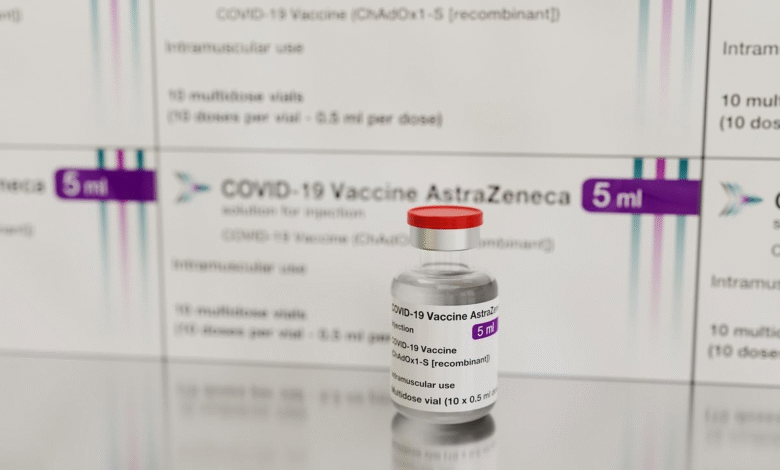How Data Loggers Can Transform Medicine Cabinet Management

Maintaining consistent and accurate storage conditions is essential for protecting the integrity of medicines.
Despite this, many healthcare facilities across the UK still rely on manual checks or basic thermometers to monitor their storage areas. However, this won’t always capture short-term fluctuations in temperature, humidity, or light that can compromise medication stability. With the increasing recognition of how environmental conditions affect drug quality, and data loggers are the recommended temperature monitoring devices in modern medicine cabinet management.
The Risks in Medicine Storage
The Medicines and Healthcare products Regulatory Agency (MHRA) highlights the need for strict control of storage conditions. Research shows that even short exposure to the wrong conditions can reduce the potency of pharmaceuticals. For critical medicines such as insulin, antibiotics, cardiac drugs, and vaccines, this loss of effectiveness can have serious implications for patient safety.
There is also a financial cost to consider. Medicines that have been stored incorrectly often have to be discarded. If you’re managing large volumes of stock, this can represent thousands of pounds in losses each year.
And ensuring consistency with manual checks is challenging. A strategically placed data logger provides round-the-clock monitoring, allowing you to identify risks early and prevent problems before they affect patient care.
How Environment Affects Pharmaceuticals
The three main environmental factors that influence medicine stability are temperature, humidity, and light.
Temperature
Many drugs must be stored between 15–25°C, while some require refrigeration at 2–8°C. Even brief temperature changes can trigger chemical reactions that reduce a drug’s therapeutic effectiveness. Vaccines are particularly sensitive, and a short period outside their recommended range can render them unusable.
Humidity
Moisture is another common threat. High humidity can cause tablets to soften or dissolve, capsules to stick together, and encourage microbial growth. Very low humidity can have the opposite effect, making certain formulations brittle or causing them to lose binding strength.
Light
Light-sensitive drugs, including many antibiotics, cardiovascular medications, and psychiatric treatments, degrade when exposed to sunlight or strong artificial light. This process, known as photodegradation, reduces their stability and effectiveness. Even clear medicine cabinet doors can expose stock to damaging levels of light if not monitored.
The Role of Data Loggers
Data loggers give you precise, continuous visibility of storage conditions. Unlike manual checks, which provide only snapshots in time, loggers record data throughout the day and night, ensuring that no fluctuations go unnoticed.
Pharmaceutical-grade data loggers typically include:
· High precision sensors with accuracy of 0.1°C for temperature and 2% for humidity.
· Real-time alerts via alarms or messages when storage conditions drift outside safe parameters.
· Detailed audit trails for inspections, showing exactly when and where any deviations occurred.
· Wireless connectivity for remote monitoring across multiple locations.
This combination of features not only safeguards medicines but also reduces the administrative burden on staff, who no longer need to rely on time-consuming manual logs.
Implementing Data Loggers in UK Healthcare Settings
Integrating data loggers into existing systems requires planning, but the process is straightforward when approached step by step.
Assessment and Planning
Start with an audit of current storage practices. Identify high-risk medicines, areas that are difficult to keep within range, and cabinets where fluctuations are most likely. Get all staff involved at this point.
Technology Selection
Choose a data logger that meets your facility’s needs. Factors to consider include measurement range, accuracy, battery life, data storage, and whether it integrates with your existing healthcare IT systems.
Placement and Calibration
Position the devices where they can capture representative conditions without obstructing cabinet use. In larger cabinets or rooms, more than one sensor may be necessary. Regular calibration is also essential to maintain accuracy.
Training and Response
Train staff to read and understand data and respond quickly to alerts.
Compliance and Quality Assurance
For UK healthcare providers, data loggers also support regulatory compliance. The Human Medicines Regulations 2012 require that medicines are stored under appropriate conditions, while Care Quality Commission (CQC) standards emphasise safe and effective medicines management.
Looking Ahead
As healthcare technology develops, data loggers are set to become even more powerful. There is also a sustainability angle. Medicines that are spoiled by poor storage not only create financial losses but also contribute to waste. By ensuring drugs remain stable until used, you can reduce avoidable waste and support NHS goals for cost efficiency and environmental responsibility.
Conclusion
Providing continuous monitoring, instant alerts, and reliable records, data loggers help protect drug integrity, make sure you’re compliant, and safeguard patients.
Investing in this technology is a commitment to delivering safe, effective care while reducing waste and improving efficiency. As the demands on healthcare systems continue to grow, tools like data loggers will play a bigger role in supporting the highest standards of patient safety and medicines management.




